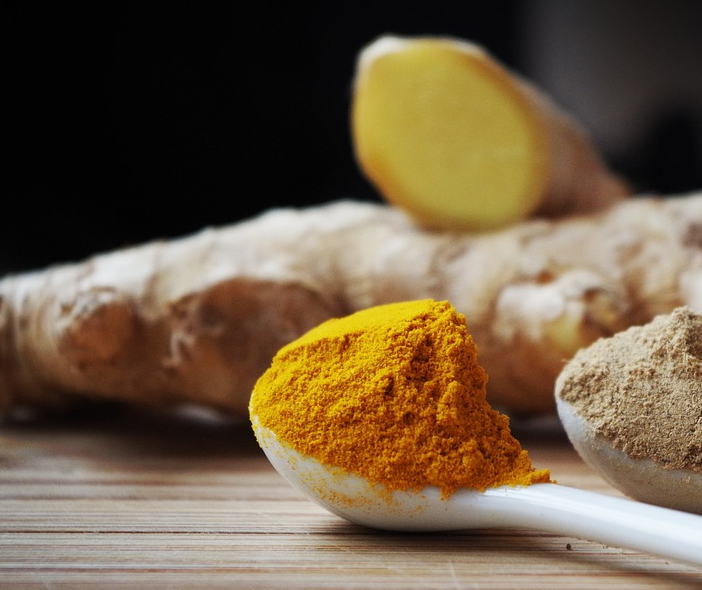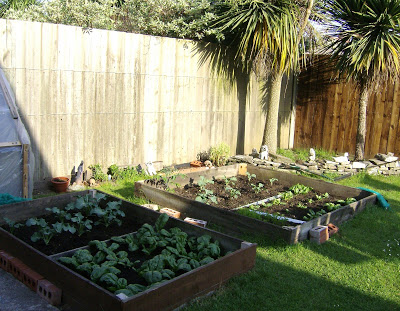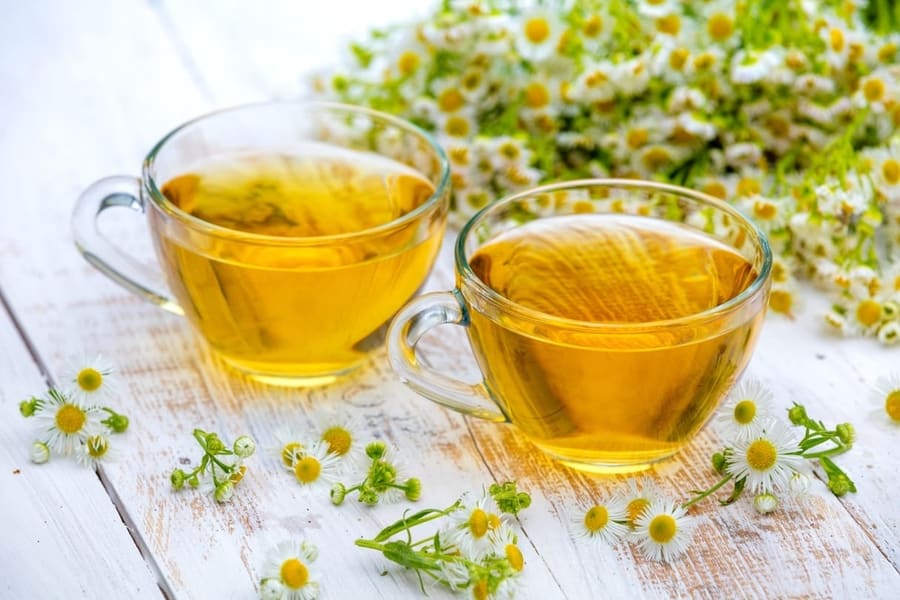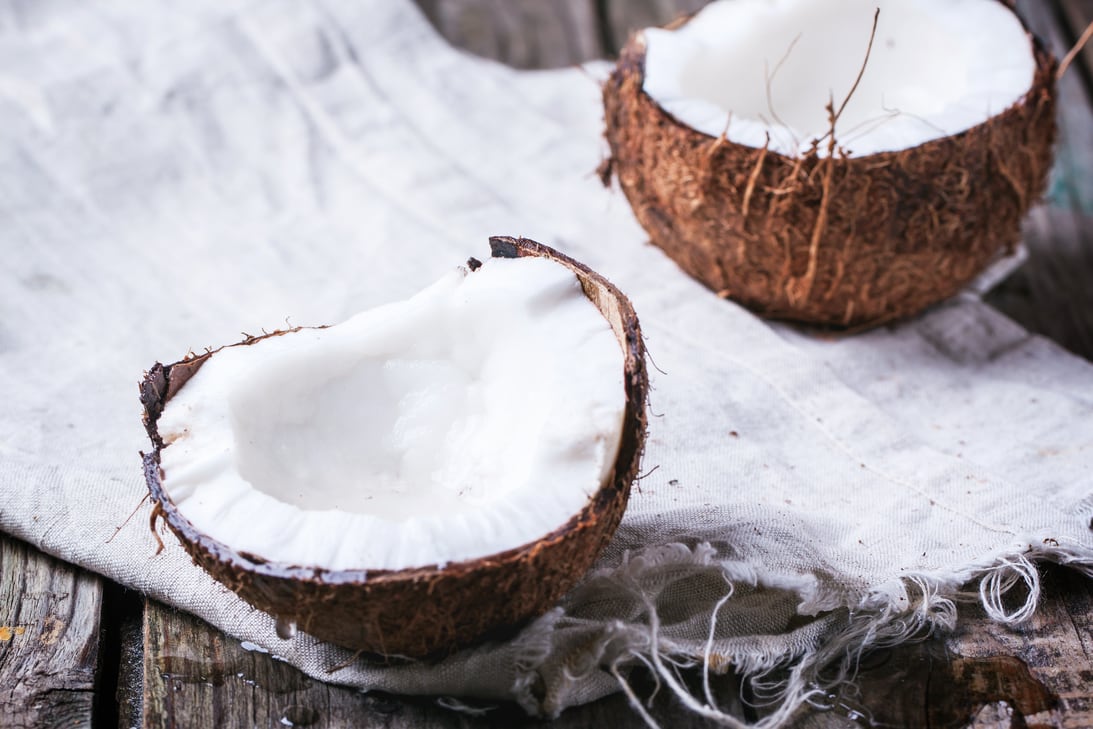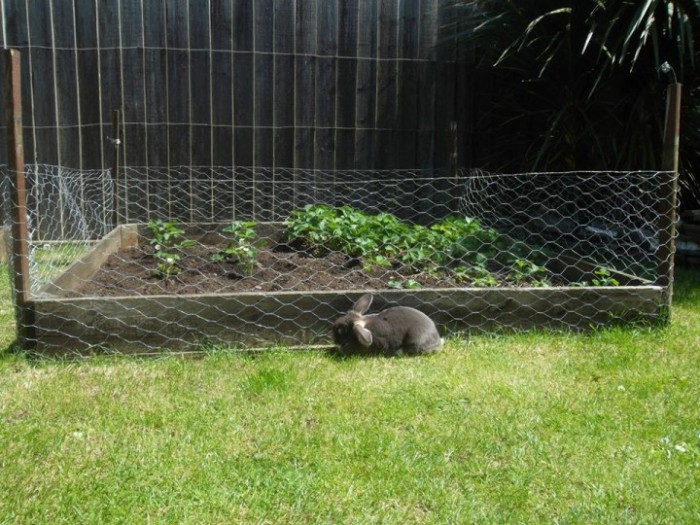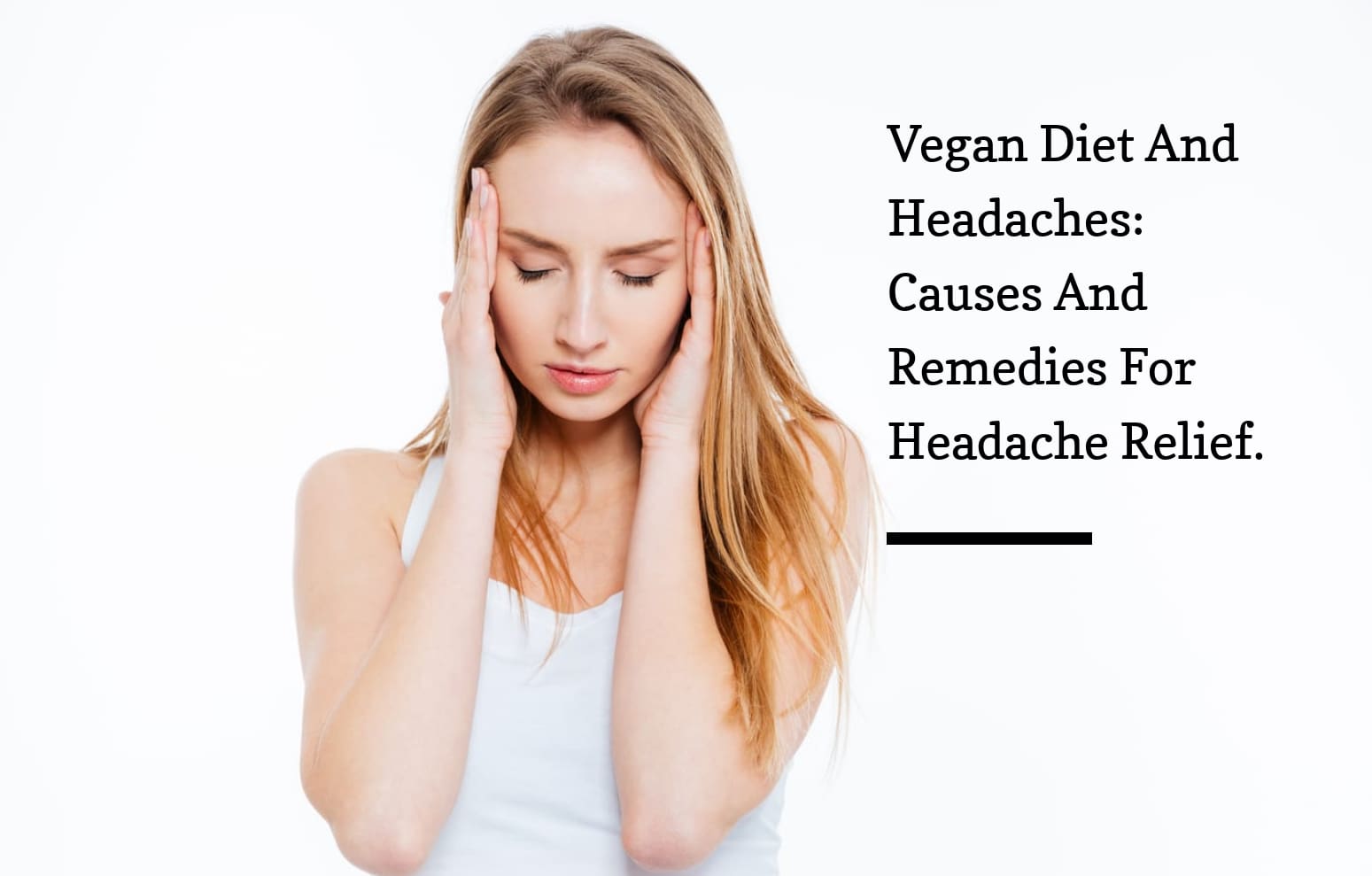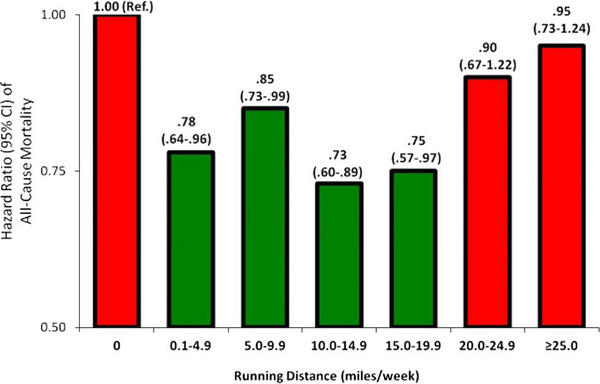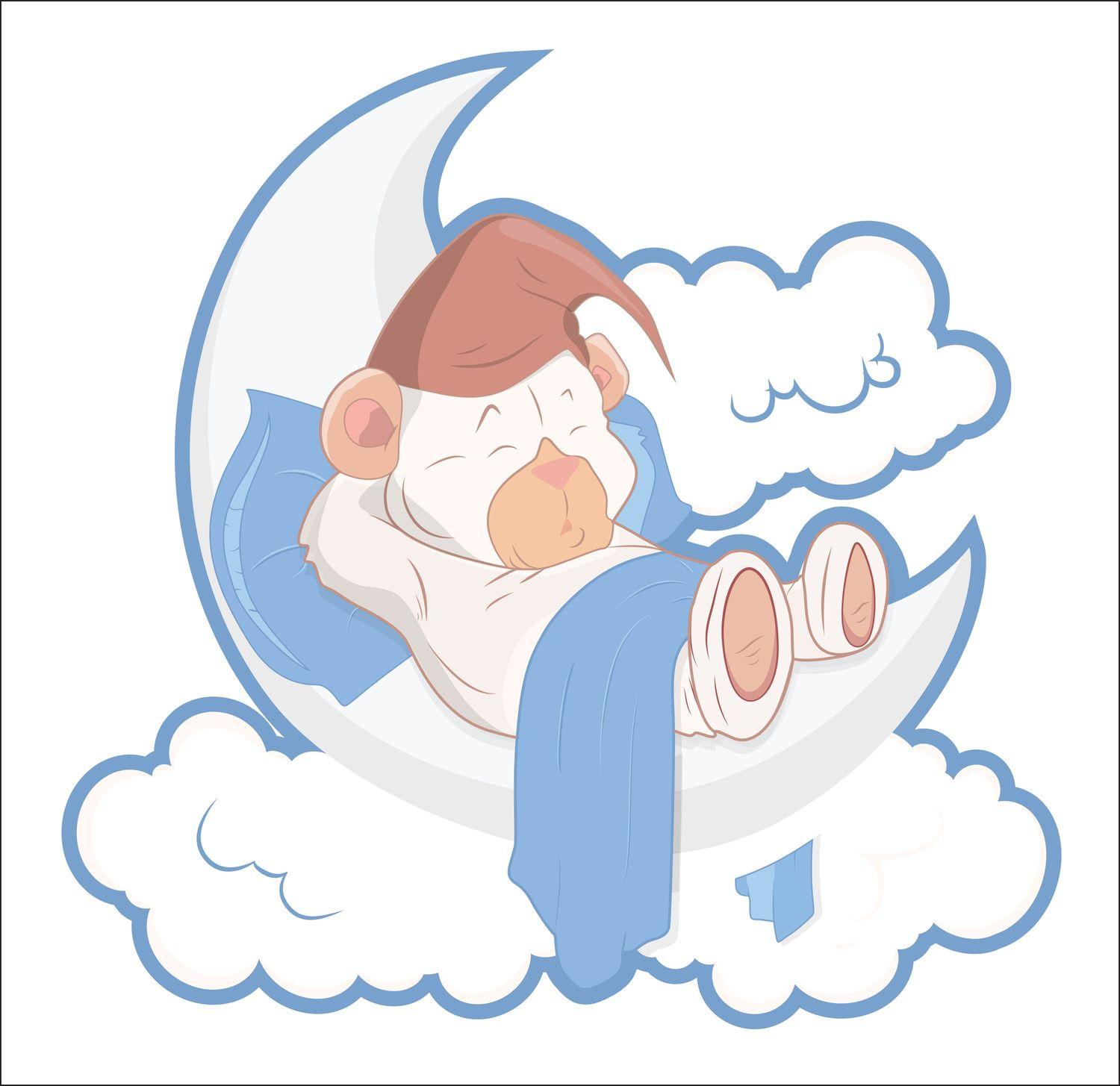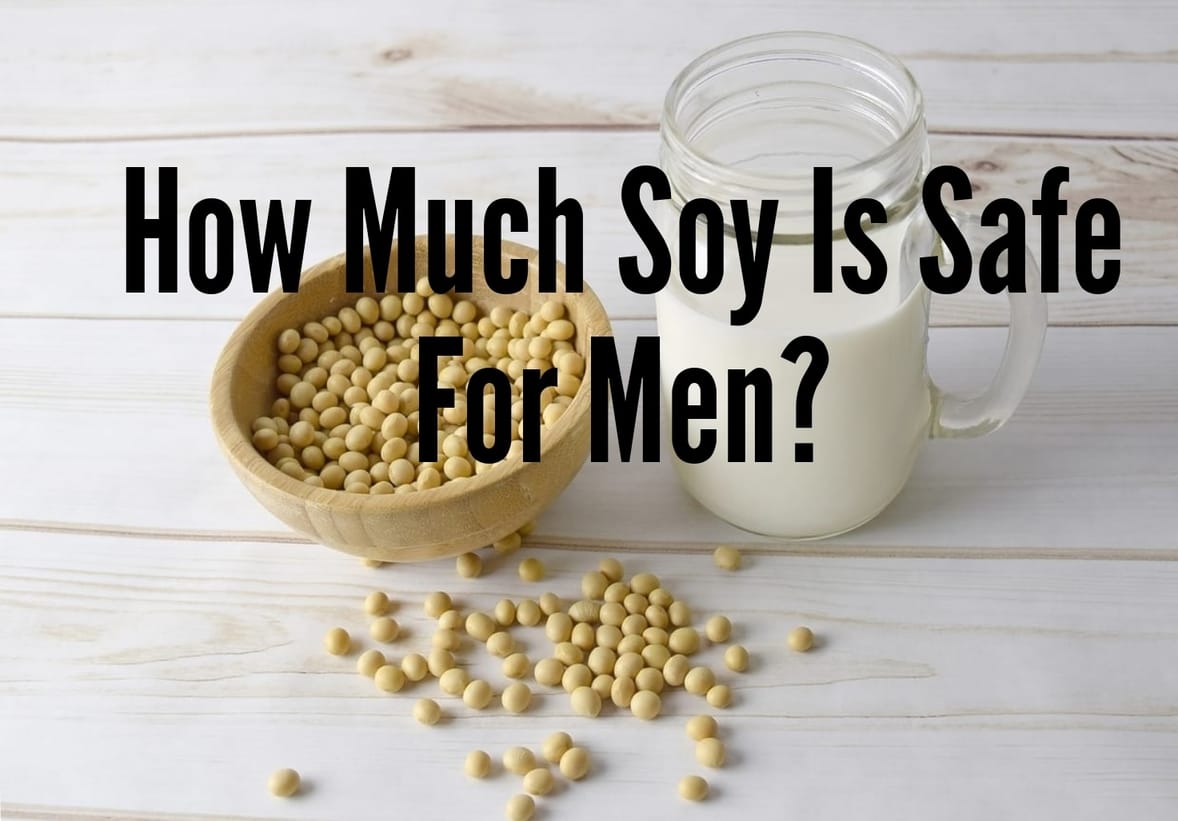Disclosure: This article may contain affiliate links. If you decide to make a purchase, I may make a small commission at no extra cost to you.

Nothing will make you give up on your vegan diet if you’re feeling sick all of the time. Sadly, many people are not thriving after going vegan, despite eating a healthier diet than before. In recent years there have been a few high profile vegans who have reverted back to animal products even after many years of being on the diet. What’s going on?
As someone who has been vegan since 2012 and vegetarian since 2007, I know that the diet can present quite a few challenges if you’re not careful. And then trying to find answers to your problem can be even harder with all the different advice and dogma that you’ll hear online.
In this article, I’ll discuss why you might be catching more colds and flu than normal and what might cause you to have a bad stomach and feel nauseous while on the diet.
Now with veganism becoming more popular than ever before and people turning to YouTube for advice on their diet, it’s easy to fall prey to the bad advice out there which eventually can lead to health issues on the diet.
There have been many well-known vegans who tried to do everything right, took supplements, but they went back to eating animal products after many years of being on the diet. And then said that they felt better after making the change.
I’m certainly not going to question anyone’s experience if they say they feel better. But were they missing something in their diet? Or is it difficult for some people to adapt to it?
I think it could be both.
The problem is that the vegan diet does have some weaknesses and many people are not aware of them. And many vegans go to the extreme in trying to be as “pure” as possible, leading to an even more restrictive diet and putting themselves at greater risk of developing problems down the road.
Assuming that you have cleaned up your diet, removed the animal products, and then introduced more healthy options like fruits, vegetables, nuts, seeds, whole grains, and healthy oils into your diet, you should be on your way to feeling amazing! I remember feeling almost euphoric when I radically changed my diet. I had never felt healthier!
But if you look at vegan forums, you’ll see that it’s not this way for everyone. Some people develop digestive issues after starting the diet, and others complain of skin problems and terrible acne after going vegan.
Other problems that many people report months or years after being on the diet include hair loss and insomnia.
While these problems don’t affect everyone, and many people are actually thriving and very healthy on the diet, I recommend checking out those articles I’ve published, as they go into more detail than I will in this article about the potential causes of these problems when you eat a vegan diet. They could help you avoid some of the most common issues.
People love to dive right into the deep end with the diet while not properly understanding the risks and benefits. It’s easy to get excited about starting a new lifestyle with the promise that it will provide incredible health and well-being, and then be convinced by some “diet guru” that their way is the best and that it’s the only way to be vegan.
First and foremost, you should listen to what your body is saying and do the research yourself. A vegan diet is quite restrictive in that it removes important food groups that provide certain vitamins, minerals, fats and amino acids in higher concentrations than you can acquire from just eating plants. This is why supplementing on a vegan diet is crucial to maintaining health.
So, anyway, let’s look at some of the common questions raised by vegans!
Why do I keep getting sick with a cold or flu on a vegan diet?
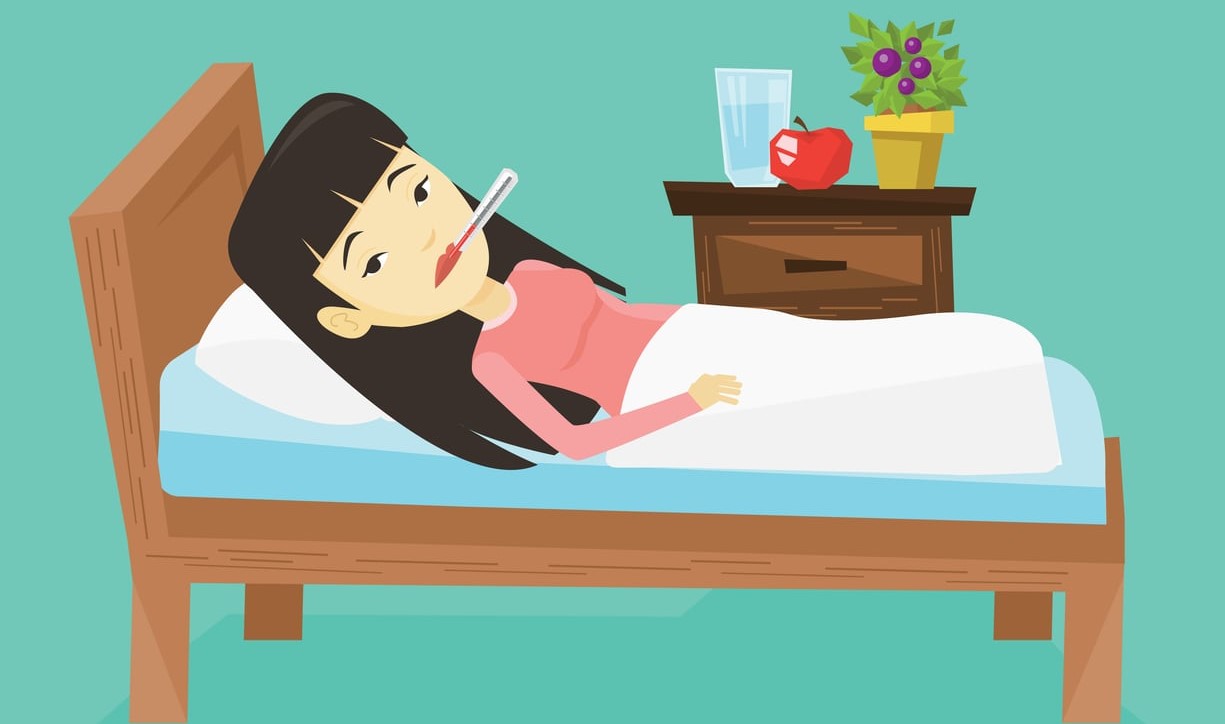
One of the benefits of a healthy lifestyle is a strong and robust immune system. I’ve personally experienced times when I felt that my immune system was impenetrable because I would avoid getting sick for years. And there have been other times since being on the diet when I seemed to catch one cold after another!
In my own case, my immune system seemed to fall apart when I developed a zinc deficiency. It wasn’t the only symptom either, but it helped me figure out what was going on.
It was highly unusual for me to be sick so much, and the severity of the viral infections was so much worse than before as well. I felt like I was constantly ill for months. It was a nightmare to be feeling this awful all the time.
After doing some research and scrutinizing my own diet more carefully (as I used to do), I discovered that I was not meeting the recommended daily intake for zinc and that my copper intake was really high due to all the plant foods in my diet.
#1. Low zinc levels
There have been numerous studies done in the past which showed that vegetarians and vegans have lower levels of zinc due to insufficient intake from their diet.
In recent years, there has been a big move towards eating natural and organic plant-based foods while avoiding packaged vegan foods, especially in the raw food community. This may lead to a higher prevalence of zinc deficiency in some vegan diets due to a high intake of copper.
In a study published in 1980 comparing zinc status in vegetarians, vegans, and omnivores, vegans had the lowest mean zinc levels [1]. In another study from 2017, around 47% of vegans were deficient in Zinc [2].
I recommend that you check your copper and zinc intake on an app called CRON-O-METER, and make sure that you are getting 8 mg of zinc for every 1 mg of copper in your diet at least.
A deficiency in zinc can significantly affect your health and immune system, leading to an increased risk of bacterial, viral, and fungal infections. It also increases inflammation in the body and oxidative stress [3].
You should consider supplementing zinc if you believe you are deficient. The supplement that I recommend is this one, as it’s absorbed better than other forms.
Since correcting my zinc deficiency almost 2 years ago, I’ve not been sick at all with a cold, flu, or stomach virus. I still take 22 mg of zinc, but I initially started with a high dose zinc supplement for a few months.
Symptoms of zinc deficiency: acne, dermatitis, hair loss, frequent infections, low mood, alterations in vision, smell, taste, and more.
#2. Low iron levels
When I became a vegetarian my iron levels started to drop, with each new blood test seeing a significant drop to the lower end of normal. After I changed to a vegan diet, my iron stores dropped even further and only just above the normal reference range.
This highlights the importance of monitoring your blood work when you start a vegan diet. It can not only help motivate you by seeing the numbers improve, but it can help direct you and keep you healthy in the long term.
Women especially should be concerned about getting ferritin levels tested every now and then. For most men, they won’t require supplements, but some have needed to supplement.
Anemia can co-exist with infections, but anemia itself can be a cause of poor immunity and increased susceptibility to various infections.
A study published in October 2018 showed that ferritin levels were significantly decreased in female vegetarians and male and female vegans [4].
Symptoms of iron deficiency: fatigue, pale skin, chest pain and shortness of breath, brittle nails, headache, poor immunity, and more.
#3. Low energy intake
While the jury is still out on the effect of energy restriction in humans and the immune system, there is some evidence that severe reductions in energy intake can lead to increased susceptibility to infections, especially when combined with nutritional deficiencies [5].
When you eat a vegan diet it’s natural to involuntarily restrict your calories significantly, due to the fact that you need to eat a large quantity of food compared to before and the foods have a low energy density.
This is not to say that some level of calorie restriction is a bad thing, it really depends on how much and if your body is able to tolerate it. We are all different and some people can do better on lower calorie intake than others.
Check out how many calories you are eating and adjust accordingly.
#4. It’s cold and flu season
Sometimes it can simply be a coincidence that you are getting sick a lot because there are lots of bugs going around. It’s common for most adults to develop between 2-4 colds per year, while children have as many as 10 colds per year!
Some viruses can be more virulent and longer-lasting than others, so it might just be a bad year for you and you’ll have to ride it out.
If you’re feeling overwhelmed, stressed, or are not sleeping well, these can significantly raise your chances of catching a virus. So pay attention to these as well if you want to help bolster your immune system and reduce the likelihood of becoming infected.
You can also consider adding more garlic to your diet or take garlic supplements. Beta-glucan can also help boost your immune system.
#5. Low B12 levels
Low levels of vitamin B12 in vegans is a serious issue and is present in a very high percentage of vegetarians and vegans [6]. I put this one last to give you the benefit of the doubt that you are indeed supplementing with B12. If you’re not, please get a blood test as soon as possible.
Vitamin B12 deficiency can lead to a weakened immune system by suppressing the response of key immune cells that are responsible for fighting off viral and bacterial infections.
In a study that looked at the effect of B12 supplementation on various immune cells, B12 supplementation was able to partially restore the natural killer cell activity of patients within 2 weeks. CD8+ lymphocytes also responded positively to B12 supplements.
In patients who were subsequently tested to look at their B12 status after 1-2 years, patients who experienced a complete restoration of NK cell activity were those with high levels of B12 [7].
Symptoms of b12 deficiency: Tiredness, palpitations, tingling in hands and feet, muscle weakness, vision loss, pale skin, poor immunity, poor appetite and more.
Here is a list of B12 supplements for vegans.
#6. Low Vitamin D levels
Vitamin D deficiency is prevalent in all groups of people, but vegans might be at a higher risk due to lower dietary intake of vitamin D fortified foods.
Not only is vitamin D super important for bone health, but maintaining sufficient vitamin D levels helps balance the immune system and allows you to fight off infections like cold and flu much better.
One major study published in 2017 showed that people who supplement vitamin D either daily or weekly were able to slash their risk of acute respiratory infection by 50% if they were in the lowest baseline level (under 25 nmol/L) [8]
Some studies, especially those done in northern latitudes, show that vegans are not able to maintain optimal vitamin D levels [9].
Remember, if you are thinking about supplementing with high-dose vitamin D supplements, make sure that you get your levels checked after a few months.
If you’re not getting much sun, taking between 1000-2000 IU of vitamin D should be sufficient and is the recommended amount for most adults.
Symptoms of vitamin D deficiency: bone pain, muscle pain, hair loss, impaired wound healing, depression, frequent infections and more.
#7. Not sleeping enough
Some people who adopt a vegan diet report that they have problems falling and staying asleep during the night. There can be many reasons for insomnia, but if the problem continues for several nights in a row, it can seriously reduce your ability to fight off infections.
In a study where a cold virus was administered to volunteers, it was shown that the fewer hours people slept, the more likely they got sick [11]
Sleep duration and percentage of people who caught a cold
- Over 7 hours of sleep – 17.2%
- 6 – 7 hours of sleep – 22.7%
- 5 – 6 hours of sleep – 30%
- Under 5 hours of sleep – 45.2%
So, if you’re not sleeping enough, check out my article on how to sleep better.
Why do I feel sick and nauseous after going vegan?

Transitioning to a vegan diet can be a big deal. I mean it’s a huge lifestyle change for a lot of people and some people make the change literally overnight.
I didn’t radically change my diet right away, but I phased out the bad foods and then introduced healthy foods over time, which made things a bit easier for me. And after 6 months, it felt like the digestive symptoms that I had for years just vanished.
However, during the early weeks and months of transitioning to a vegan diet, it can be quite a shock to the system. You have to give your body a little time to adapt to the types of foods you’re putting into your system as well as the amount of food.
There are a few problems that vegans can run into:
- You can’t eat enough calories without feeling sick – Your stomach needs time to expand and adapt to the quantity of food you’re eating. It can be difficult at first to meet your calorie needs, but over time, consuming large amounts of low-calorie food will be easier. Try to incorporate more energy-dense foods like sweet potatoes, avocados, and olive oil to make up some of the calories.
- You are having trouble with gas and stomach pains – It’s not uncommon for the digestive system to need a bit of time to adapt to the new foods. If you’re eating a lot of legumes, this can require a few weeks at the minimum for the gut bacteria to adapt. If you’re still having trouble with bloating and gas, you can try to eliminate suspect foods and add them slowly to your diet.
- You’re consuming beverages high in tannins – Drinking tea, especially green tea, on an empty stomach. This can lead to feeling nauseous and even vomiting. Tannins present in foods are less of an issue. A quick remedy for this problem is to add some ginger powder to your tea or drink tea after you eat something.
- You might be sensitive to carrageenan or gums in milk substitutes – Many vegans turn to milk substitutes and products which contain various types of gums and carrageenan, which are known to cause stomach upset in some people and worsen symptoms of ulcerative colitis [10]. Carrageenan can also be present in vegan supplements, so be sure to check the labels.
- Are you taking any supplements? – If you’re taking supplements, there is always a risk that something might not agree with you or that you could be supplementing too much. Consider removing suspect supplements for a short time to see if there is any improvement. Also, make sure that you are not taking an excessive amount of any vitamin or mineral.
Read more about digestive problems from eating a vegan diet.
Vegan supplements to help boost your immune system
Assuming that you’ve corrected any vitamin or mineral deficiency, and you’re getting adequate sleep, you can now try to give your immune system a bit of an extra boost with a few immune-boosting supplements.
Allicin
Found primarily in garlic, allicin is a powerful compound that has the ability to kill a wide range of bacteria, viruses, and fungi.
I take this supplement every day to help protect me against the common cold and it’s one of my favorite supplements! The amount of allicin found in supplements like allicin max is far higher than what you can realistically consume from diet alone.
D Mannose
If you’re prone to developing UTI’s, you can try using D mannose powder as a preventative measure. D mannose has been proven in multiple clinical trials to be highly effective in treating women with E. coli urinary tract infections.
Beta or Alpha Glucans
Beta-glucan has been studied for many years for its immune system enhancing effects in humans. Some studies show that it can significantly reduce the risk of bacterial and viral infections. I recommend that you take a look at the benefits of AHCC and also my article comparing AHCC and beta-glucan.
Elderberry supplements
Elderberry has been found to slightly reduce the chances of catching a common cold, but significantly reduces its duration and severity.
Findings of one study involving 312 economy class passengers
- 17 in the placebo group caught a cold while only 12 in the elderberry group got sick.
- The placebo group was sick for longer (117 days) compared to the elderberry group (57 days).
- Symptom score was also higher for the placebo vs elderberry group (583 vs 247).
Green tea and l-theanine
Drinking several cups of green tea may also protect against the common cold and flu according to several studies. Research shows that the main component responsible for this is EGCG, but l-theanine is also able to prime the immune system to help deal with invaders.
Conclusion
Eating a vegan diet, just like any other diet, has its benefits and drawbacks. While most people will be able to do well and remain healthy without any significant issues, there are some people who will develop problems and identifying the causes early on is important.
Given that veganism is becoming more popular every year as a lifestyle choice, it’s important that vegans acknowledge weaknesses of the diet, so we can help people avoid mistakes which can lead to serious health problems.
Finally, if you’re not feeling good after you start the diet, make sure that you speak to a health professional who may be able to guide you and do some basic blood tests. Also, carefully analyze your diet to look for deficiencies and take action to correct them by supplementing if necessary.
